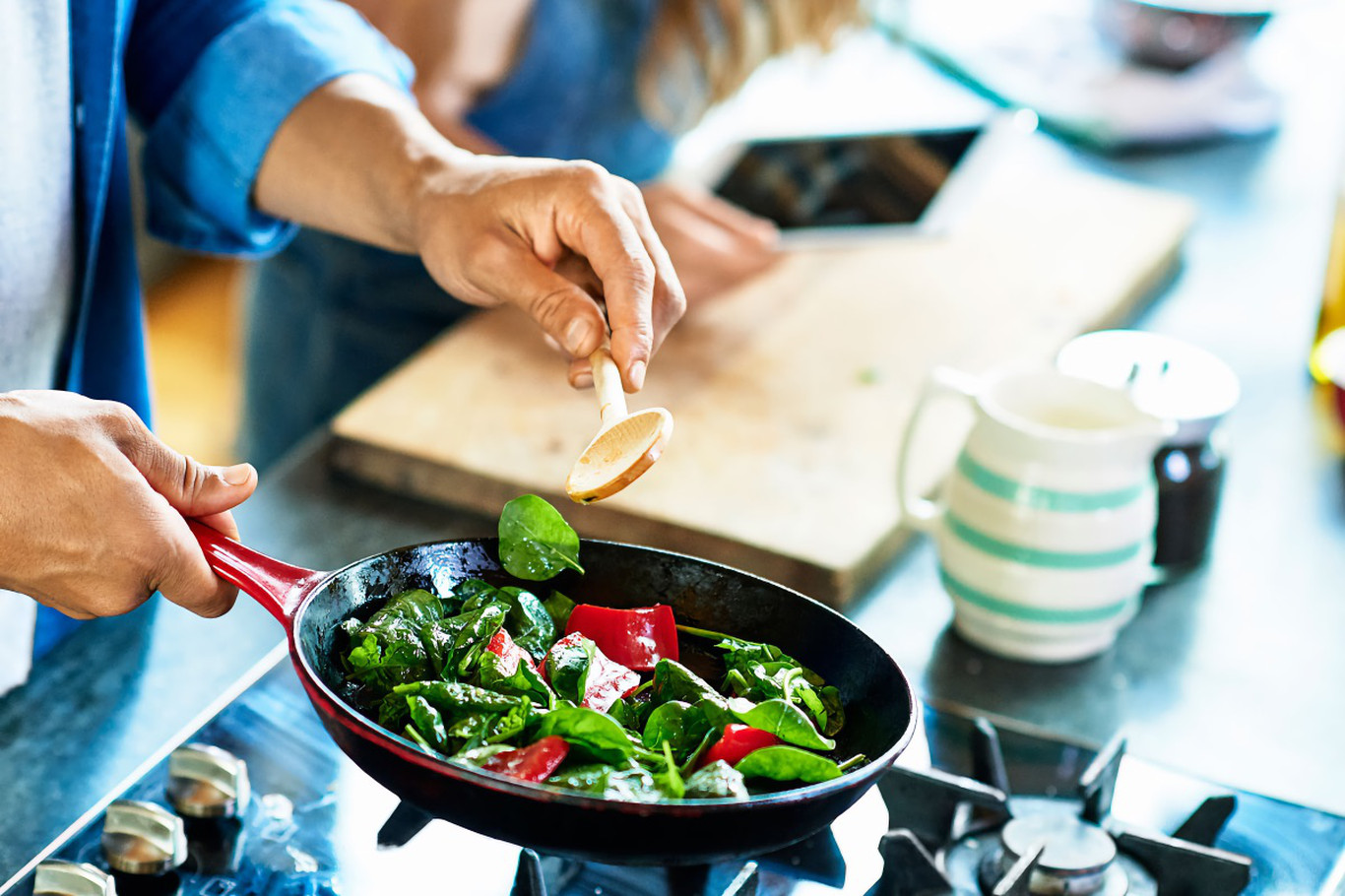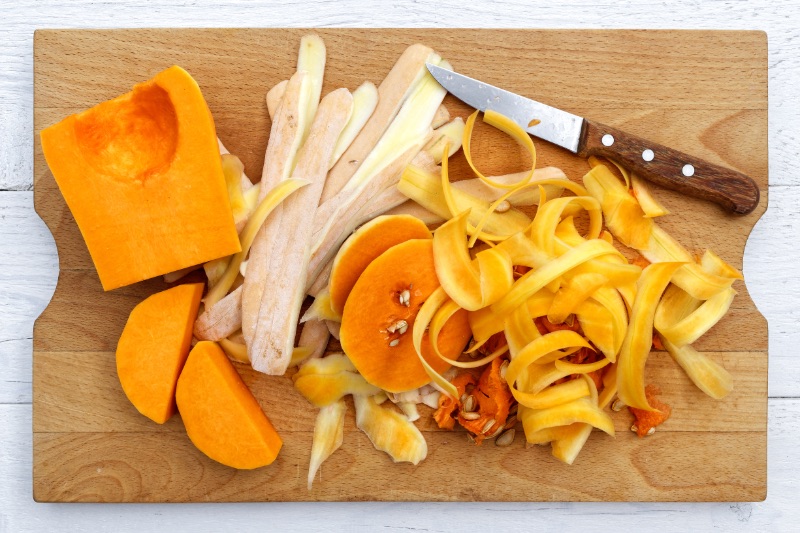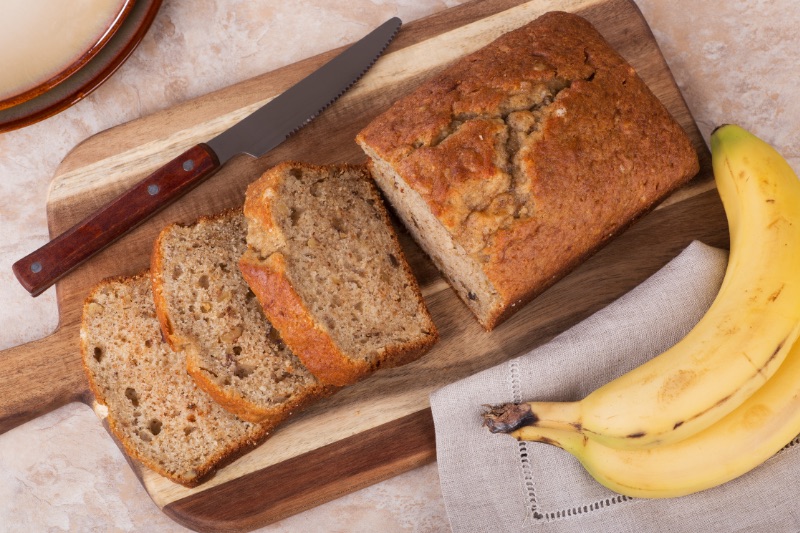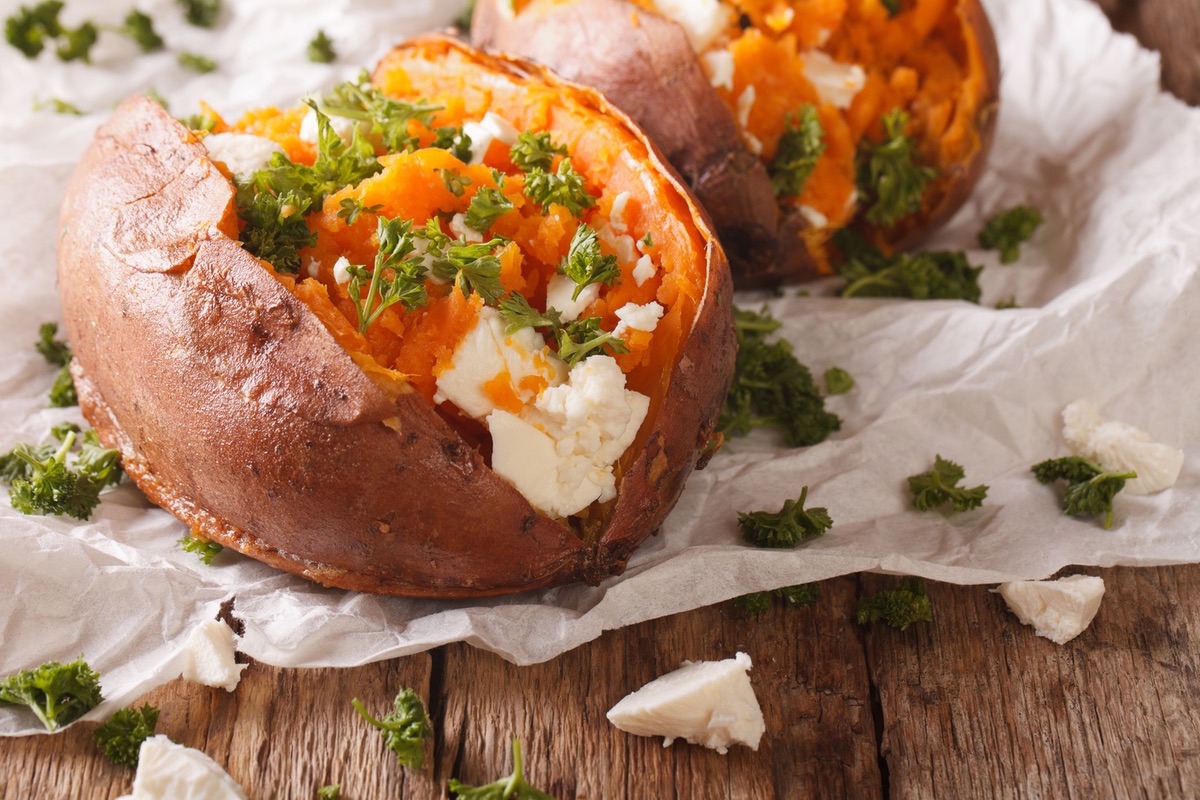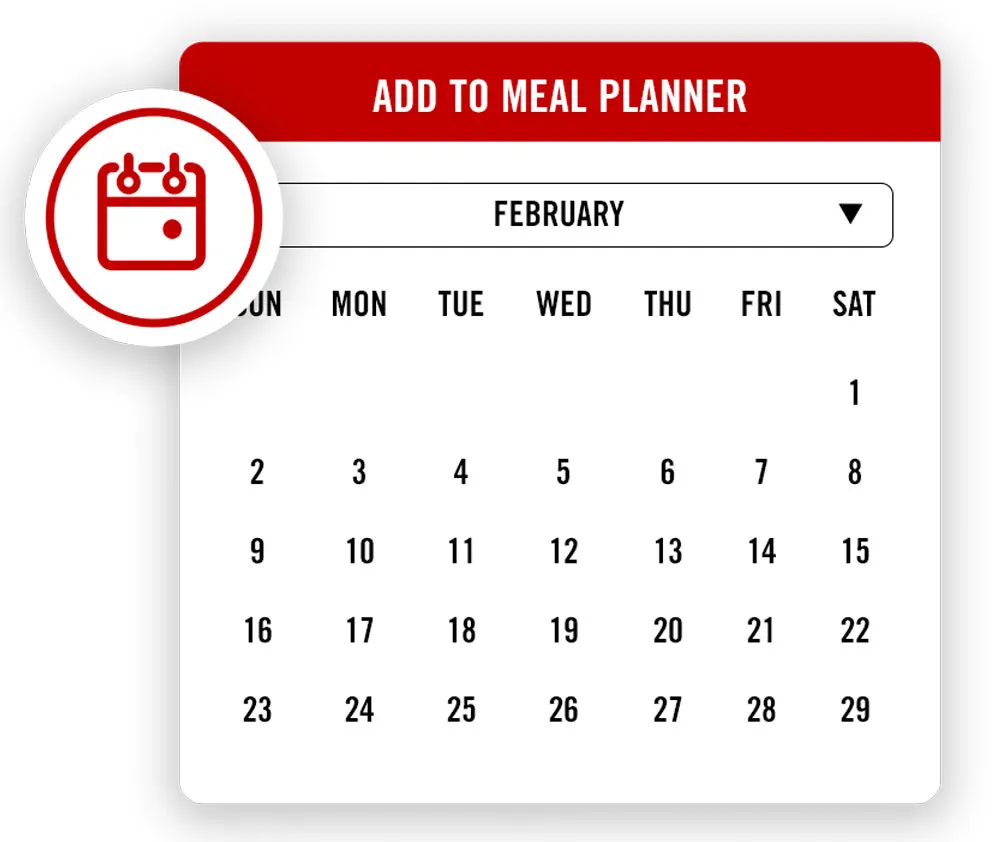We’ve all felt the rush of excitement of trying a new-to-you recipe, only to have that excitement turn to disappointment when that recipe—say, for a flaky croissant or buttery béarnaise sauce, both difficult to master—resembles more muffin than croissant or more spread than sauce. In other words, for even the most savvy home cooks, getting a new recipe perfect the first time can be tough. But there’s good news: according to recipe tester Emily Teel, “There’s no reason a new recipe can’t work out on try No. 1.” Here’s how to do it.
1. Have reasonable expectations.
A busy weeknight may not be the best time to try a new recipe, warns Teel. “Don’t be your own worst enemy,” she says. “The easiest way to have a kitchen meltdown is to try to take on more than you have the time or the emotional bandwidth for.” Save more complicated recipes for the weekend—when you won’t feel the rush to get something on the table—and keep your go-to recipes in weeknight rotation.
2. Read the recipe before you start.
Rather than take a new recipe step-by-step, read the directions from the first step to the last before you start, advises recipe tester and personal chef Christina Xenos. “Read the recipe a few times before you make it,” she says, “and make sure it is something you are comfortable doing.” Then, lay out every ingredient you’ll need before you begin to cook. “You may think you can get ingredients as you go, but it’s so easy to miss an ingredient or a whole step if it's not laid out in front of you,” Xenos points out.
3. Don’t substitute ingredients.
“There are recipes that rely on specific ingredients, and provisioning properly is a huge component of recipe outcome,” Teel says. Let’s say you’d like to try a new asparagus dish that calls for Aleppo pepper. You don’t have time to run to the store for asparagus, so you decide to use a head of broccoli in your refrigerator—and a pinch of chili flakes instead of Aleppo pepper. “Sometimes those substitutions yield exciting new results,” Teel admits. “But if what you have in mind to eat—if the thing that is going to satisfy you—is the thing that’s in the book, it’s worth having the appropriate ingredients on hand.” Xenos says she agrees. “If you're making a recipe for chicken thighs, don't assume you can use chicken breasts,” she says. “They will respond differently to cooking methods.”
4. Practice new techniques before making the whole meal.
If a recipe includes a skill you don’t yet possess, don’t try to perfect it while making the recipe. “Think of learning a new food skill like practicing an instrument,” Teel encourages. For example, you wouldn’t sign up for the symphony before you’d mastered the violin. So don’t attempt to create the perfect maki sushi roll until you’ve mastered the craft of making sticky rice. Also, make a point to “practice cooking skills when there are very low stakes,” Teel instructs. (In other words, make sure you have a backup dinner ready if your recipe doesn’t work out.) That way, when you finally make the dish for dinner, “you’ve already done it a million times, and you have the muscle memory and confidence to do it when the stakes are a little higher.”
5. Use your sense of smell.
In addition to following the recipe indicators—the instructions that say your banana nut bread will be done after 30 minutes—trust your nose to tell you when something is done. “If you're baking something and you set your timer for a certain amount of time and then go do your laundry, don't just rely on the hearing timer to tell you it's done,” Xenos says. “If you start to smell what’s baking in the oven, they're likely starting to finish up. That's a great indication to check on them—no matter what the timer says.”
6. Lose the audience.
“It’s so tempting as a tester—especially when I’m cooking something big like a ham or a duck or a goose—to have people over to help me eat the meal,” admits Teel, “because there’s a real risk of food waste with certain recipes.” But having people over to try a new recipe can put too much pressure on its outcome. “You always want to do a test run with your own equipment to see how a recipe reacts before you make it for other people,” Xenos says. “Cooking a four-pound leg of lamb in your oven might take more time than the cookbook author says it will,” and you don’t want to find that out when you have hungry guests waiting. So, “know the difference between a goal of seeing and feeding your friends and a goal of nailing a new recipe,” Teel advises. “Because a lot of times, if you’re learning something new or really pushing your abilities, those goals are conflicting.”
This article was written by Jillian Kramer from Food & Wine and was legally licensed through the NewsCred publisher network. Please direct all licensing questions to legal@newscred.com.


